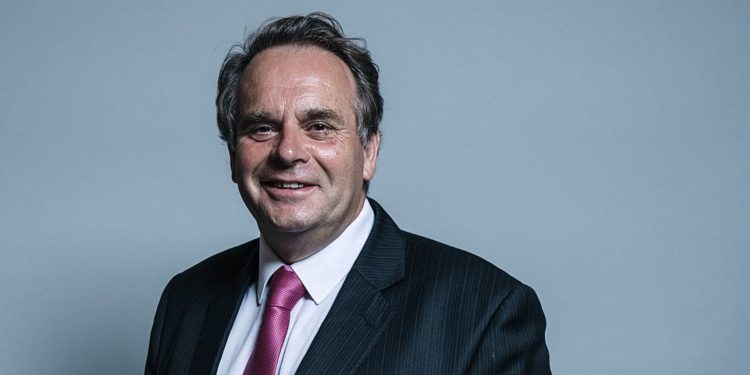An inquiry into the UK’s agricultural transition plan has begun just days after it was launched, over concerns that payments to farmers will prove inadequate.
The Environment, Food and Rural Affairs (Efra) select committee probe was triggered by startling estimates including some by the National Farmers Union (NFU) that livestock farmers will lose between 60% and 80% of their income by 2024.
Chair of the Efra Committee, Neil Parish MP, said, “In the here and now, it’s the transition that we need to drill down into.
“The changeover needs to ensure farmers and land-owners are not left struggling and in the dark about how to access the new scheme. There are questions to be asked about the final plan.”
Responding to the publication of the agricultural transition plan, NFU President Minette Batters had said, “The rate at which direct support reductions will take place, which we understand will not be applied in other parts of the UK, leaves English farmers with significant questions.
“These payments have been a lifeline for many farmers, especially when prices or growing conditions have been volatile, and will be very difficult to replace in the first four years of this transition.
“What changes will The Department for Environment, Food and Rural Affairs make to ensure that the new schemes offer rewards that provide a genuine income for [farm] businesses while maintaining food production?”
Businesses receiving £30,000 or less per year will see their subsidy fall by 5% in 2021, followed by a gradual increase to 50% by 2024.
Those receiving between £30,000 to £50,000 a year in payments are on course to face reductions even higher than that, and farmers who receive up to £150,000 will see cuts of 65%.
“By 2028, farmers in England will produce food without subsidy”
Ahead of the national pilot of the new Environmental Land Management scheme (Elm) launching in late 2021, the Efra Committee will scrutinise the pilot’s design, and question how the government will ensure sufficient support to farmers and land managers throughout the transition to the new scheme.
Their inquiry comes just days after the launch of the government’s new farming system in England, designed to “ensure that by 2028, farmers in England can sustainably produce healthy food profitably without subsidy.” It’s called the Path to Sustainable Farming.
In doing so, farmers will also be expected to improve the environment, improve animal health and welfare and reduce carbon emissions.
Next year marks the start of the transition, moving away from the Basic Payment Scheme (BPS) towards new policies to be co-designed and tested with farmers, land managers and experts.
Launching the Pathway to Sustainable Farming, Tony Juniper, Chair of Natural England, said ,”This plan marks an historic shift, setting us on course toward sustainable food production [and] halting and reversing the decline of nature.
“More than two thirds of England is farmed and this plan paves the way for healthy food production alongside carbon storage, clean water, reduced flood risk, thriving wildlife and beautiful landscapes for everyone to enjoy.”
The Pathway to Sustainable Farming came a few weeks after the government’s landmark Agriculture Bill passed into law, providing the powers needed to incentivise farmers under the new scheme.























